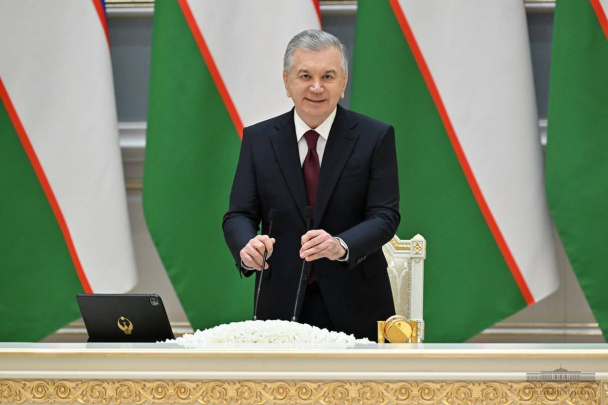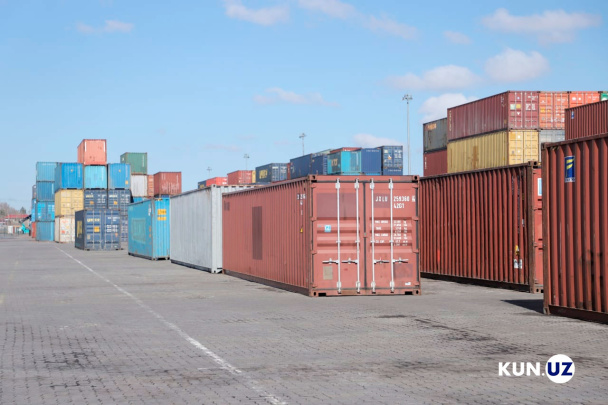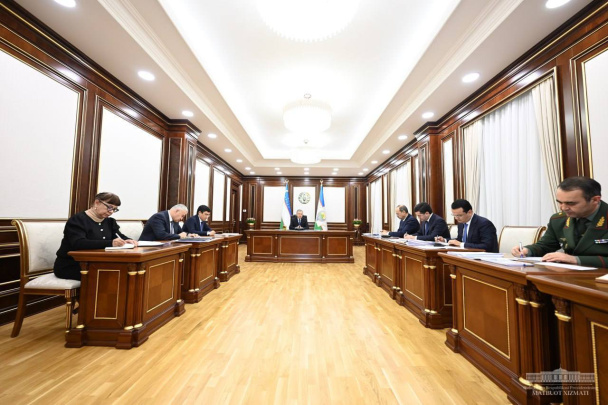Uzbekistan plans to halve poverty by the end of 2025 through economic growth and human capital investment
On the sidelines of the International Partnership Initiatives Week in Tashkent, the Ministry of Economy and Finance held a roundtable discussion titled "Stimulating Sustainable Economic Growth Through Global Cooperation: The Role of Innovation in Expanding Human Capital and Entrepreneurial Opportunities."

Photo: Dunyo
The event brought together leading global experts and specialists in socio-economic and financial fields, including Tazeen Fasih, Global Lead for Human Capital Development in Central Asia at the World Bank; Pinar Yasar, Senior Economist at the World Bank; Ahmet Serdar İbrahimcioğlu, President of the Turkish Organization for SME Development; Rudolf Lukavsky, Advisor to the President of the Austrian Economic Cooperation and Development Agency; Dr. Max Georg Mayer, Head of the Hanns Seidel Foundation’s Central Asia Office; and Viola Fur, Consultant at the Overseas Development Institute (ODI).
The goal of the roundtable was to exchange views on new government targets, recommendations from international financial institutions, and best practices from around the world. Discussions focused on Uzbekistan's recent achievements in fostering sustainable economic growth, human capital development, and the nation’s efforts to reduce poverty by expanding youth potential and creating jobs.
Thanks to Uzbekistan’s national strategy for stable and high economic growth, the poverty rate has dropped from 23% in 2019 to 11% in 2023. The World Bank recognized Uzbekistan as having made the most significant progress in poverty reduction among countries in Europe and Central Asia. The country is now targeting a further reduction, aiming to bring the poverty rate down to 6% by the end of 2025.
Uzbekistan has emerged as one of the fastest-growing countries in the region and beyond, with its population increasing at an annual rate of 1.8–2.0%. The country has a young, dynamic workforce, with about 20 million people of working age, of whom 15 million are employed. Over 60% of the population is young people, with more than 500,000 entering the labor market each year, highlighting the importance of effective youth policies to harness demographic dividends.
Investments in education and healthcare are seen as essential to achieving sustainable development in a nation with a growing youth population. Uzbekistan is therefore making significant efforts to implement policies aimed at empowering its younger generation and ensuring their active contribution to the country’s continued progress.
Related News

16:35 / 21.12.2024
"We will reduce the poverty rate to 6% in the coming years" – Shavkat Mirziyoyev

16:33 / 21.12.2024
Uzbekistan’s foreign trade turnover nears $60 billion in 11 months

14:56 / 20.12.2024
Uzbekistan’s banks planning to raise $6 billion without state guarantees in 2025

13:26 / 20.12.2024



